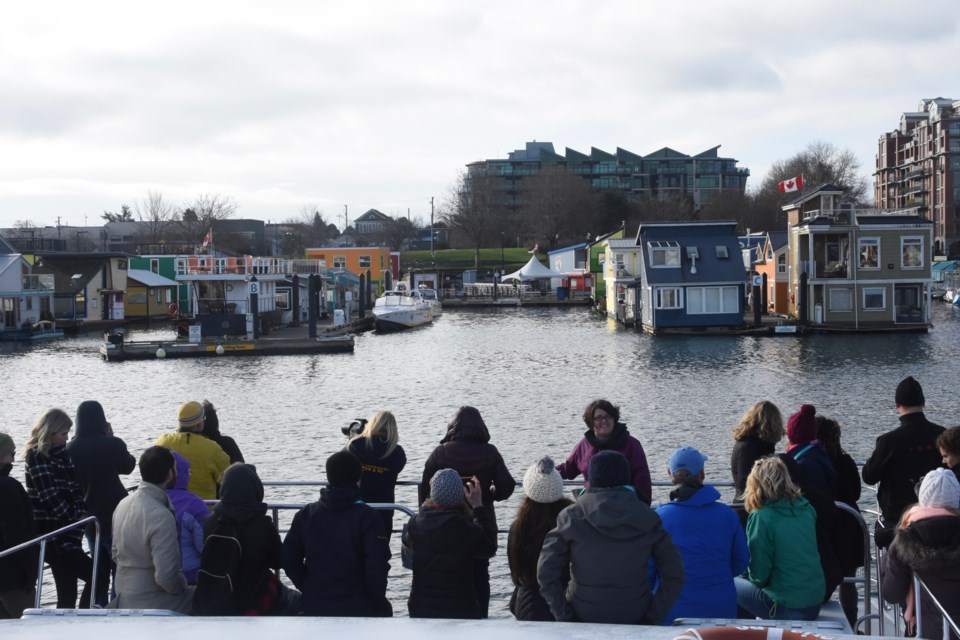The most striking takeaway from the second annual IMPACT Sustainability, Travel and Tourism conference in Victoria, in Claire Ruddy’s eyes, was the sheer growth of the event.
Having attended both years, Ruddy, the executive director of the Association of Whistler Area Residents for the Environment (AWARE), was encouraged to note that attendance had nearly doubled in year two.
“I think that speaks to the recognition about how the future of tourism does need to be sustainable, and the importance that that has to both tourism as an industry, but also the communities where tourism is a big part of the economy,” Ruddy said.
It was encouraging, too, to see the widely varied faces in the room—from business and tourism to sustainability and beyond, she added.
“There was a lot of people who were at different stages on the journey to figuring out what sustainability looks like for them in their sector,” Ruddy said.
“I think there was a lot of really great opportunity for shared learning from other communities and other businesses.”
Whistler was well represented at the conference (which took place Jan. 20 to 23), with AWARE, the Whistler Chamber of Commerce and Resort Municipality of Whistler all sending delegates.
Sessions at the conference covered the wildfires in California, managing traffic flows at highly visited areas, providing crucial info for visitors, protecting culture and more, said Whistler Councillor John Grills.
“I think it’s just getting people on the same page,” Grills said of the conference. “(Now it’s about) taking that knowledge and seeing how we can apply it in our day-to-day decisions.”
The “elephant in the room” when discussing tourism and climate change is air travel, and the millions of people who fly or drive to their destination of choice, but technological advances may ease the pain in the coming years (Grills highlighted one conference presentation from WestJet detailing the airline’s plan to convert to biofuel).
“It’s a few years away from further production, and it’s still quite expensive, but basically it’s going to dramatically reduce the cost and the carbon footprint of current jet fuel,” Grills said, adding that he also spoke with someone from Wilson’s Transportation in Victoria (which now services Whistler), who told him the company is eyeing an electric fleet for 2030.
“So there were conversations about the impacts of actual travel, and where some gains can be made there.”
While we wait for the green-tech revolution to begin in earnest, Grills said it’s about taking the “little wins” where we can get them: implementing regional transit, for example, or encouraging people to take shuttles rather than private vehicles. There’s also a need to shift our personal behaviours, Ruddy added.
“We can’t underestimate that, and it takes time for people to get comfortable with new habits or new ideas, and so when we’re talking about things like getting people out of cars, we can’t just do that over night,” she said.
“(But) there is plenty we can be getting on with now.”




